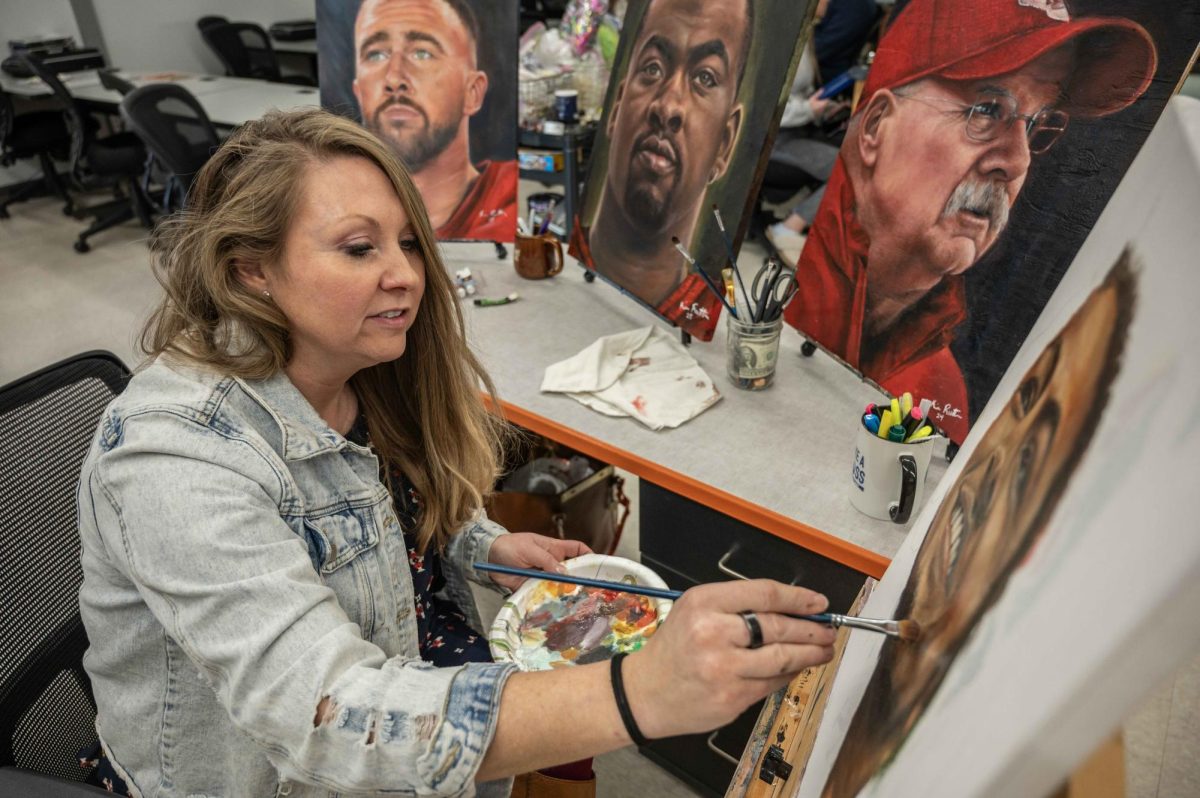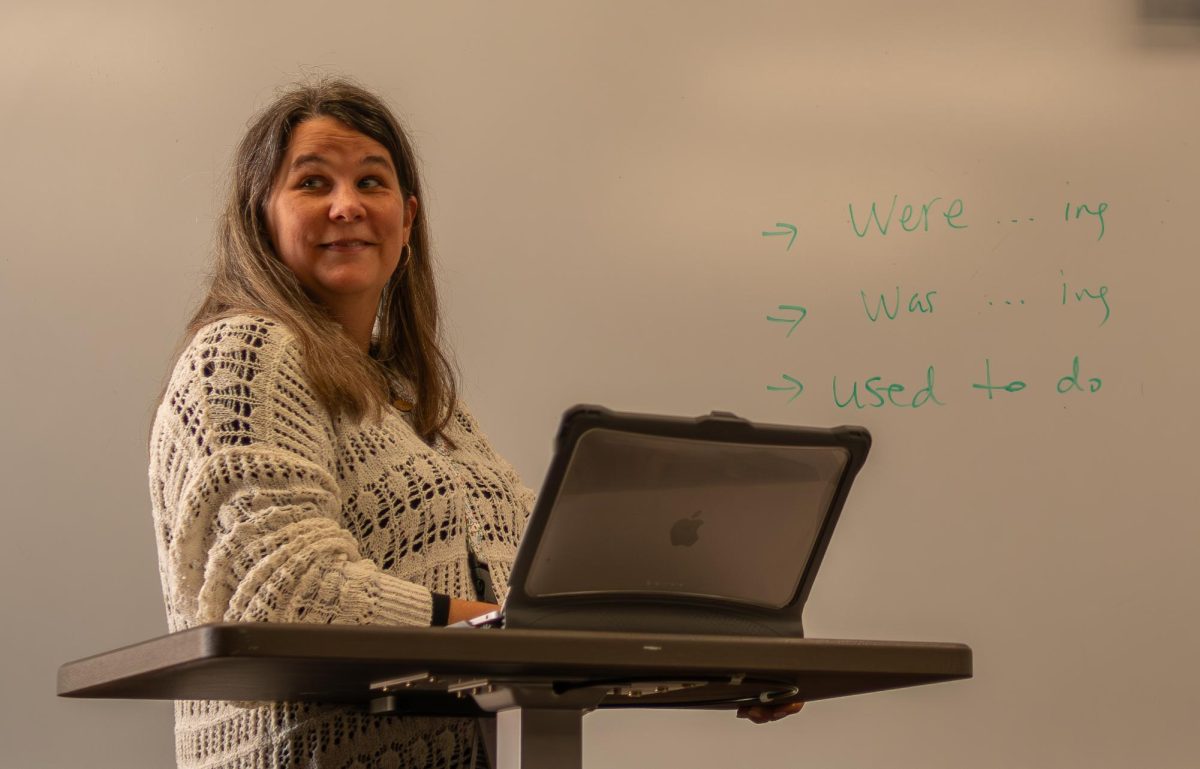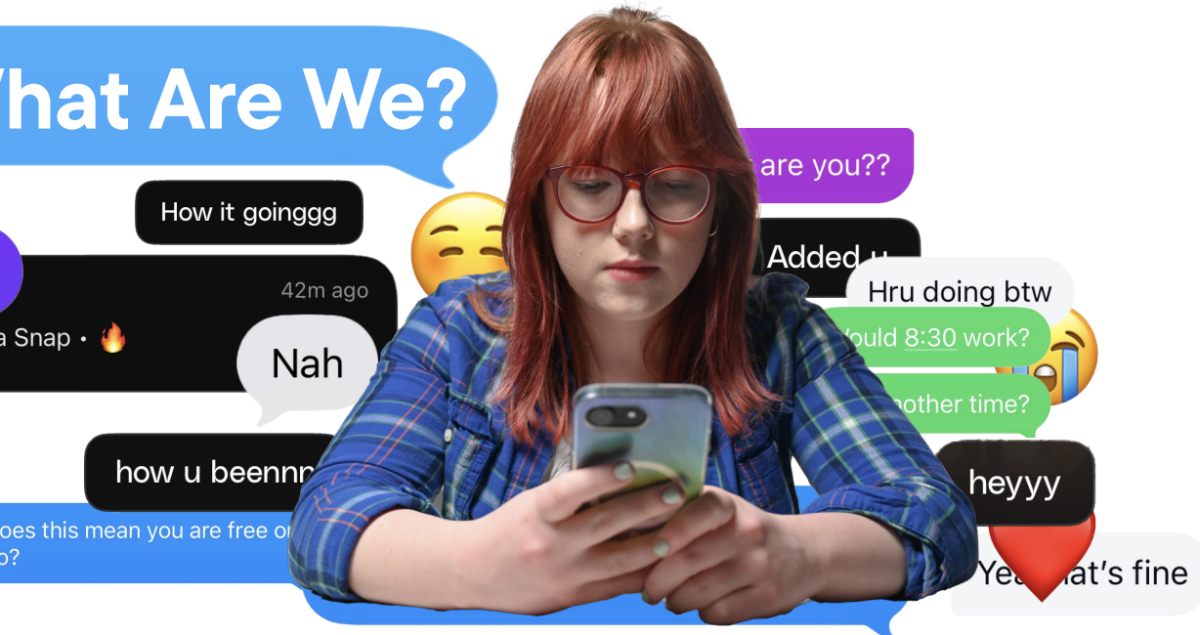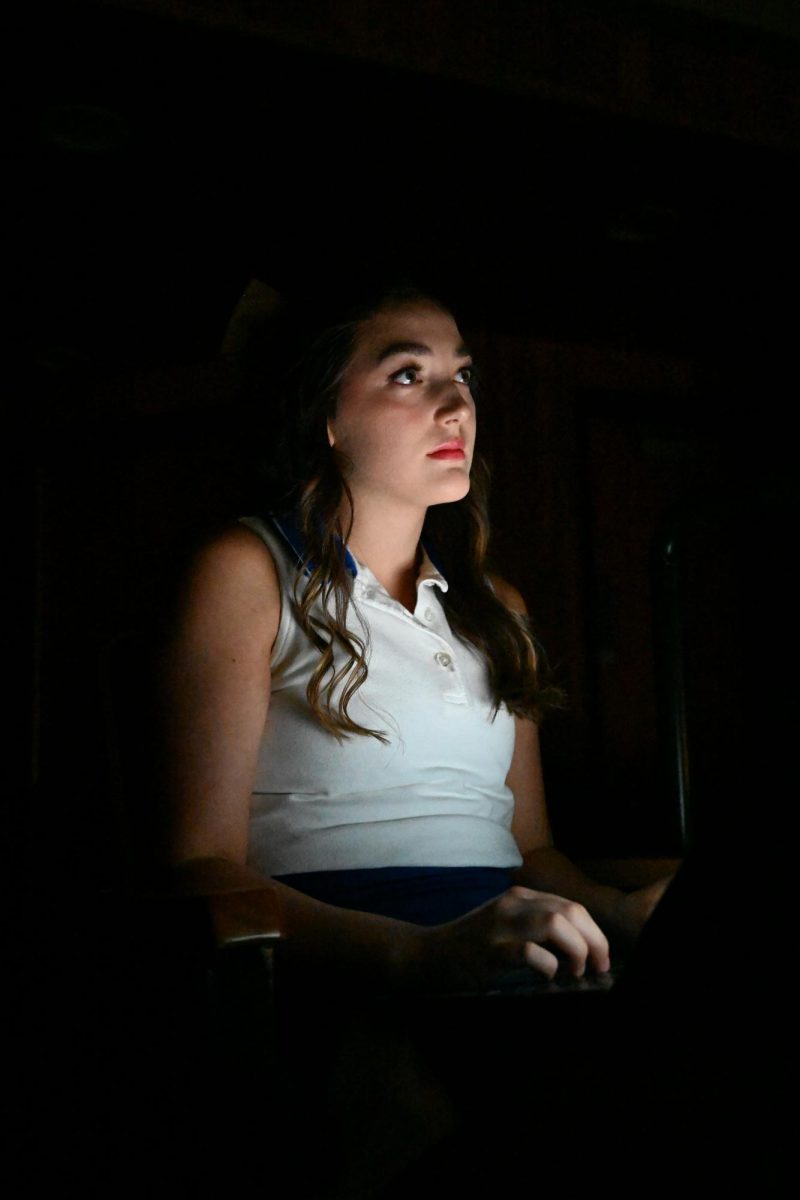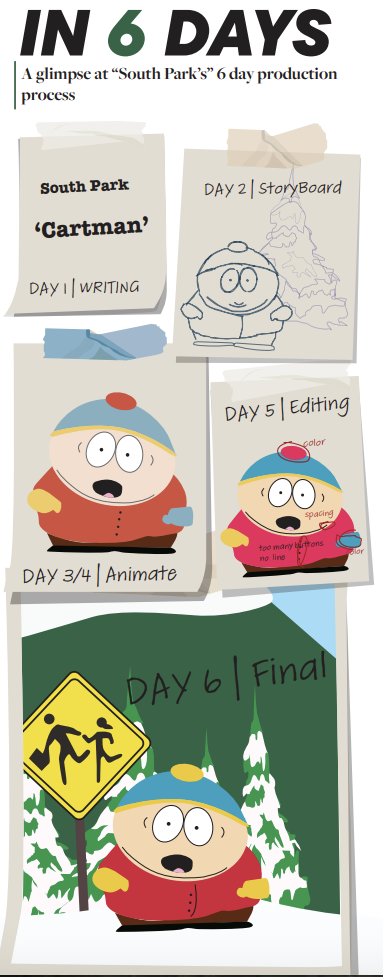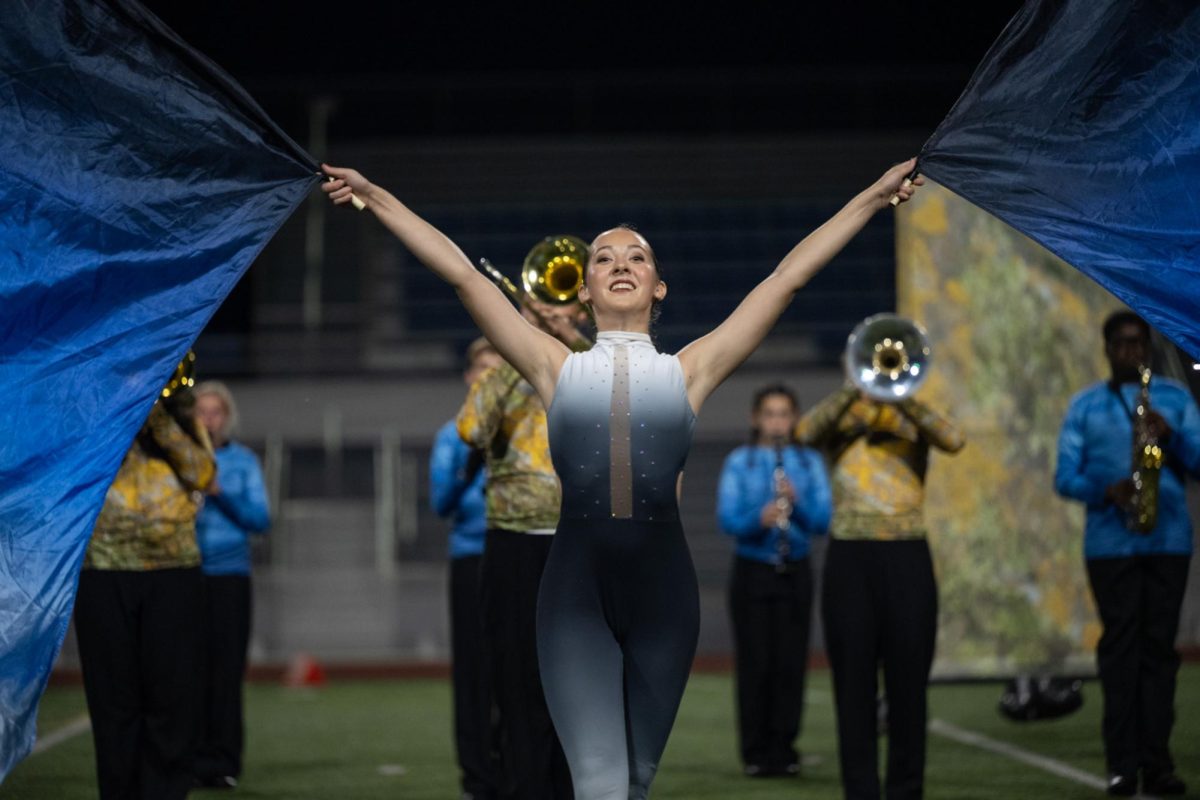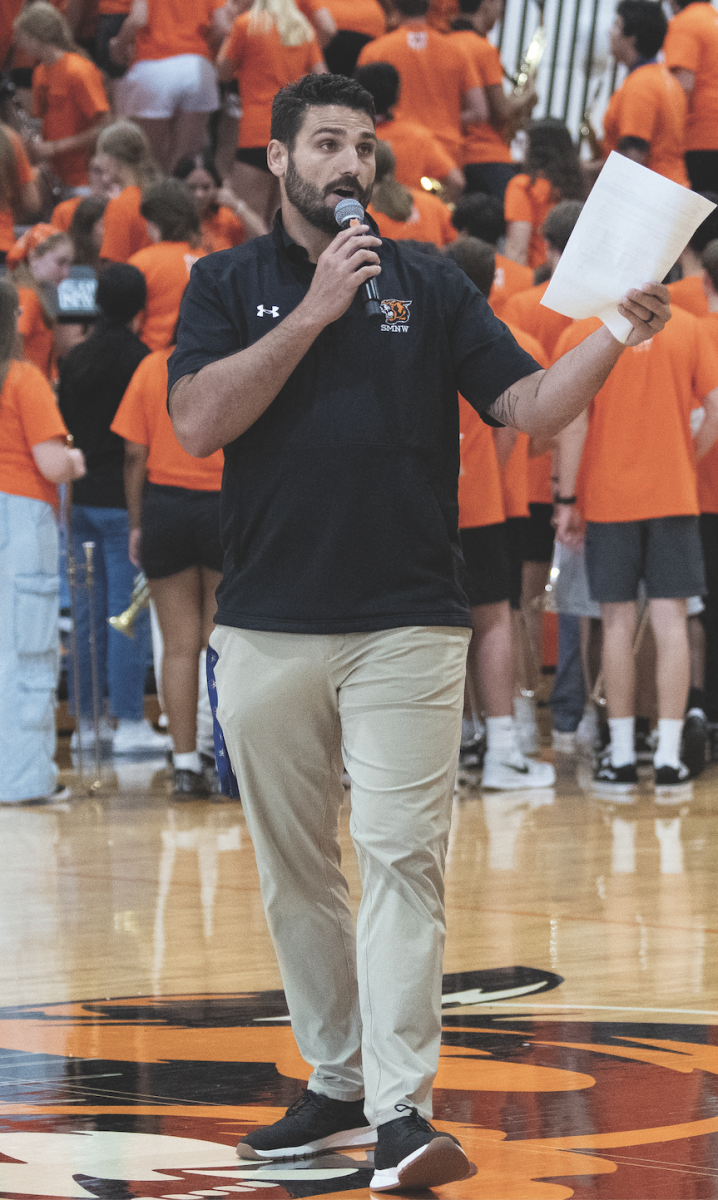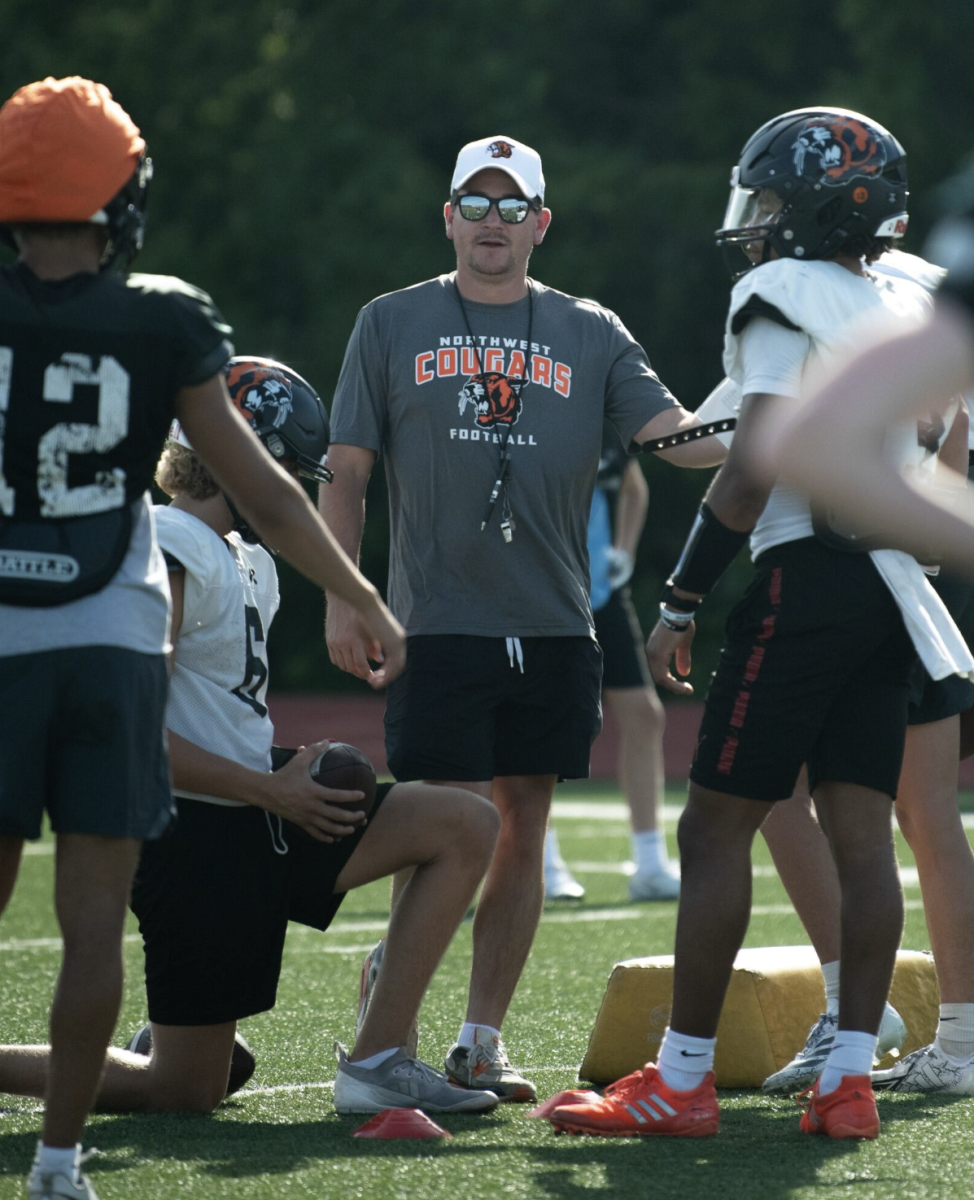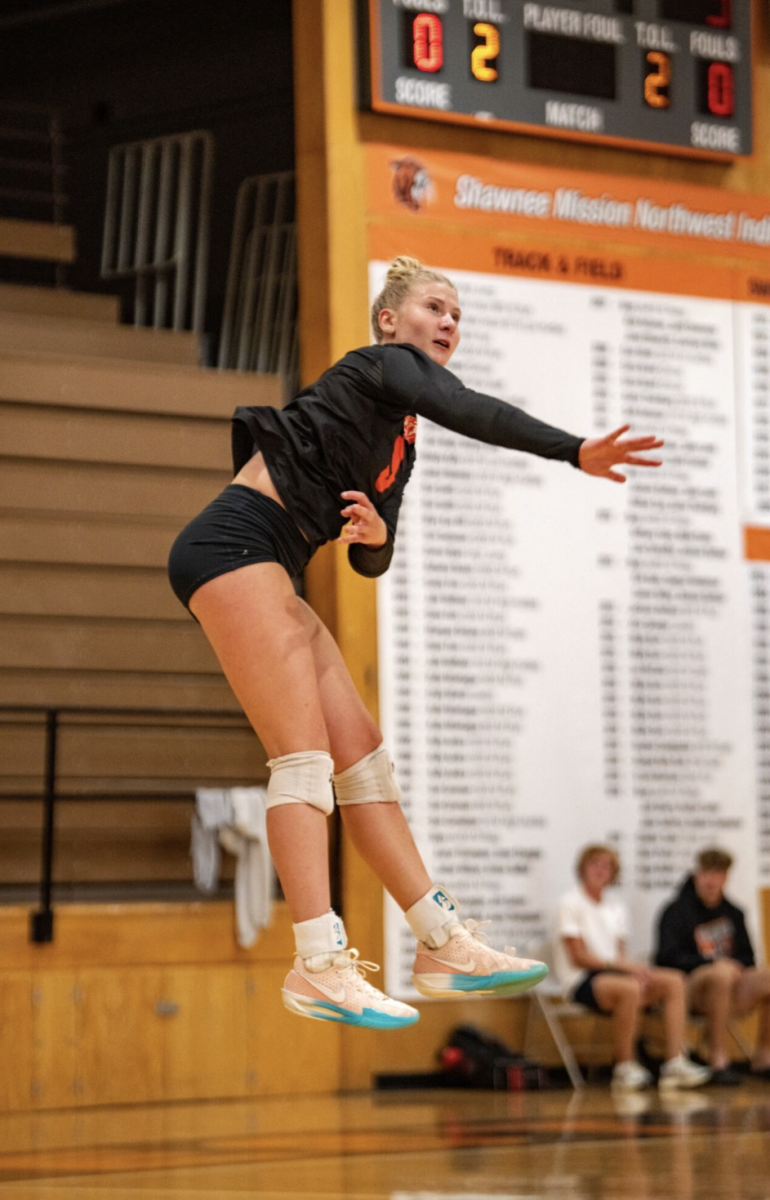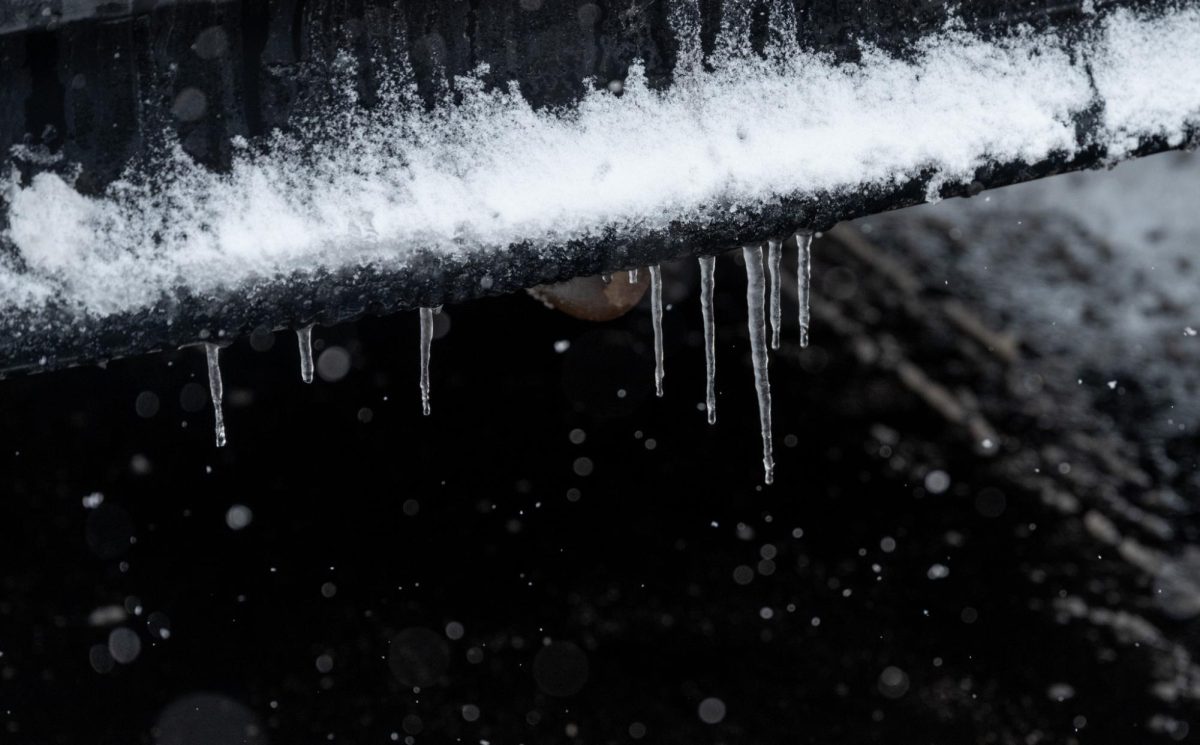The bell rings its shrill alarm exactly on cue. It’s recess time. All my classmates are ecstatic, running outside to play, their shoes squeaking on the speckled, cracked floors. They yell in joy and simultaneously fight over the recess equipment that the ball bucket carriers struggle to protect until they can set it down.
I slowly slide out of my desk and drag myself outside. I’m just a fourth grader but cliques have already formed in my white-walled elementary school. I reach the end of the cement path and step onto the blacktop area where we are permitted to “play”. I stare for a moment at the one yellow ball left in the bucket. My close friend isn’t outside, so I pick it up and bounce it up and down, up and down. When I walk past the “popular group,” one of the girls, a friend of mine, gives me a look. I wave, but she doesn’t wave back. She’s always telling me how I need to be different if I want to be in the group. The other girls don’t even glance at me, but I feel their eyes stare into my back as I leave. Recess is always lonely for me.
Once a kid in my class told me I wasn’t ‘cool’. He asked if I even had any friends. I laughed it off and tried to act as if I thought he was joking, but it hurt. It was the kind of hurt you can feel all over even though you haven’t been touched. I could feel my heart sinking and imagined it sliding into my stomach. It felt like a big bag of ice inside me that kept expanding. I have been shy and insecure from a young age, and I’ve always had issues with self image. People began to point out things that I hadn’t noticed or felt insecure about. For instance, the time someone called me “Pinocchio,” saying I have a big nose. I had never thought anything about my nose. My sister’s nose is the same, and I didn’t think it was abnormal at all. But as soon as someone mentioned it, everyday I looked in the mirror and frowned, wondering if it really was a sore sight on the eyes.
Soon it wasn’t just my nose. I questioned, inspected, and even cried over tiny things that were “wrong” with me. I even lost sleep over them. I worried about how I would be judged the next day. I was still so young. The nervous knot in my stomach grew with each passing day, and it didn’t get better in middle school; I just learned to deal with it. I didn’t get my protective shield until high school. By then, I had dealt with self image issues, rumors and cyber bullying, all of which ripped me apart. Each little insult, each new imperfection sliced at me with razor-sharp claws. I asked my mom if I was ugly, but never believed her when she said I was beautiful. I spent so much of my life trying to please others, and not just with my looks. Eventually I reached my breaking point. I’m stronger now. Strong enough to take the insults and criticism. Strong enough to stand up to bullying.
Bullying is not okay in any way, shape or form. It is, by definition, terrorizing, harassing or intimidating physically, verbally or emotionally over a period of time. Whether it happens online or off, bullying is bullying. No one should have to go through it. Yet 38 percent of girls say they have been bullied online along with 26 percent of boys. Not all teens have been bullied online, but 88 percent say they have seen someone bullied online. It happens more than some people might think. Also 56 percent of kids report seeing some sort of bullying at school, which can ultimately lead to children and teens skipping school, or even dropping out. 15 percent of all school absences are due to the fear of being bullied at school. (see national statistics and bully survey docs)
According to a recent poll 86 percent of students said the motives behind a school shooting are to “get back at those who hurt them.” But not all students point the gun on other people. Some students who point the gun on themselves in suicide. Suicide rates in the ages 10-14 has gone up by more than 50 % the last three decades. (Statistics from-http://www.makebeatsnotbeatdowns.org/facts_new.html)
However, there is hope. National attention has been brought to the complex subject of bullying and state legislatures are working to produce new laws against bullying. However government cannot solve all of these problems. It is up to children and teens of all ages to learn how one hurtful action can lead to depression, suicide, or a school shooting.
This is our generation, our problem, and our time. Let’s get out there and fix this problem for good! We can start by taking time to let our words sit in our mouths awhile before we speak them. We can put ourselves in someone else’s shoes. For more information and support websites please go to- http://survivingbullies.org/index.php/resources/entry/anti_bullying_websites/ which will provide you with an index of websites to visit.


